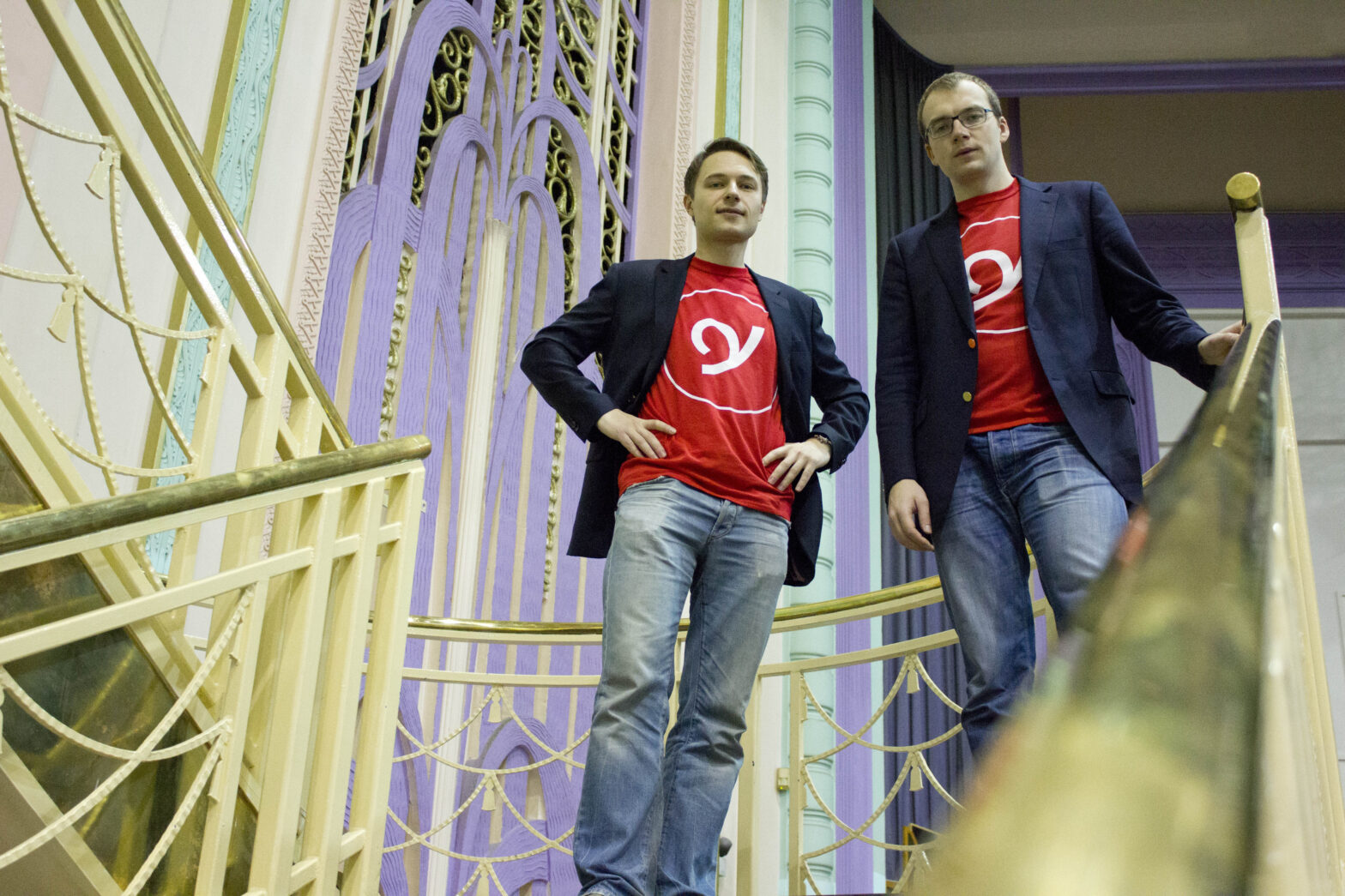The Angel CoFund is now 18 months old and has got itself involved in 28 deals to date – a fairly good rate of activity for a newly-established fund.
With a dearth of early-stage investment following the crash, the fund has been designed to make initial investments of between £100,000 and £1 million into businesses alongside syndicates of business angels.
The fund has now been extended across the UK in its efforts to support high-growth businesses and has now developed itself into the biggest of its kind in the world.
George Whitehead, non-executive chairman of the Angel CoFund and venture partner manager at Octopus Investments, says that what has surprised him the most is the size of rounds that it has been involved in.
‘Starting out, I thought it would be about £500,000, but it is now actually averaging out at about £1.4 million,’ he explains.
‘Of that, we’re putting in a average of £340,000, which gives a company a really significant extra runway.’
Previously the fund was only available to businesses in certain areas of England, but it will now be accessible to businesses and angel groups across the UK.
The government handed it over to the private sector, and we have an investment committee who is made entirely of seasoned angels investors to check the sensibility of investments,’ Whitehead says.
Part of the reason the Angel CoFund was created, Whitehead declares, was due to the fact that while angels are great investors, they tended to chronically under-fund the businesses they were getting involved in.
‘If you’re trying to fund these businesses to go internationally, it’s going to be hard to do that with a few hundred thousand pounds. What we’re doing is following where the angels go and then padding out the deal.’
Figures a year and a half into operations show that the Angel CoFund has provided £10 million in direct investment alongside £40 million from business angels.
Companies which have benefited from the funding crutch are event, show and gig smartphone application YPlan, a London-based publisher of games for Smart TVs and Micrima, a Bristol University spin-out which is involved in breast cancer screening.
With the Angel CoFund contributing up to 50 per cent of a round, Whitehead says that investee companies are much more likely to get to a stage where they break even and don’t need any more cash, or ‘smash the lights out of milestones’ and then have venture capital firms fighting over them.
More on the Angel CoFund:
- Fund hits one-year mark with 18 deals worth £24 million
- Five angel networks to lead £50 million fund
- Angel CoFund makes first five commitments
Despite its early success since a November 2011 launch, Whitehead says that its efforts are only ‘scratching the surface’, and the opportunities to unite with other angels will grow.
‘About half the people I come across are from networks I know through my existing contacts in this part of the world – but the other half I have never come across.
‘We are finding angels who are interested not just in digital media and technology, but right across the board. One of the great things about the expansion announcement is that we are now moving away from a kind of post code lottery where it may determine if you are eligible for funding – we’re putting it out to the best companies in places like Scotland and Wales.’
One of the stumbling blocks which the Angel CoFund and Whitehead have come up against is the traditional level of due diligence that was being conducted by business angels.
‘We are relying on angels to have done the right amount of due diligence, but some of them aren’t used to doing that high a level of it,’ Whitehead says.
‘My involvement is to raise the game of angel investing across the UK as it needs to be a higher standard. Angels are brilliant in business, but they come into the angel world and sometimes seem to forget all the rules.’
However, despite some push back from angels when it comes to the level of due diligence required for the Angel CoFund to get involved, Whitehead says that many angels are finding the process ‘really helpful’ and enjoy the benefit of being able to bounce possible investments off of a large bunch of seasoned investors who have been doing it for years.
What Whitehead and the Angel CoFund are hoping to achieve in the long run is a move away from the perpetual fundraising game that many companies seem to find themselves in.
‘It’s about getting a good round away early on, and then using that as a runway to grow the company to where it is a really compelling case,’ he says.
‘One of the good things about the CoFund is that we can follow our investments, so angels can go into second rounds and know that they have a £100 million fund accompanying them – something they really like.’






